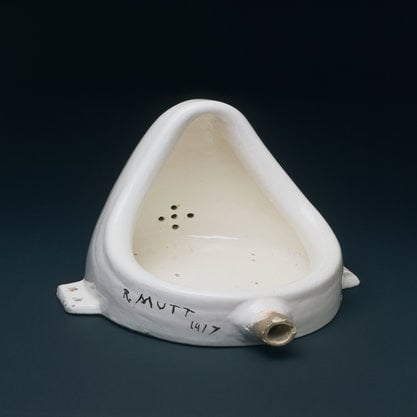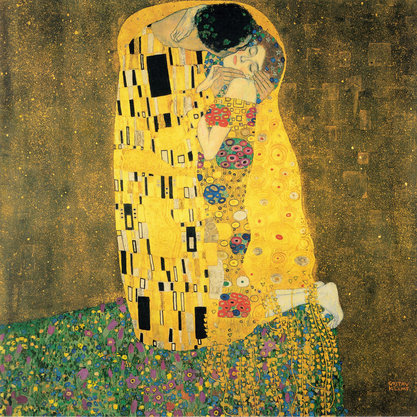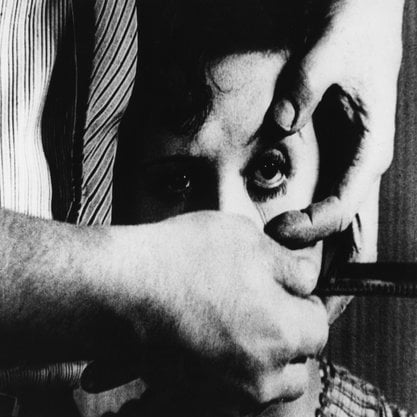Article
Tzara, Tristan (1896-1963) By Gammel, Irene
Article
Born Samuel (Samy or Sami) Rosenstock in Moineşti, Romania, Tristan Tzara was an avant-garde poet, performer, critic, and film director. Together with Hugo Ball, Hans Richter, and Richard Huelsenbeck, Tzara founded Dada in Zurich, Switzerland, as an iconoclastic and fiercely anti-bourgeois protest movement in art, active from February 1916 to 1920. Though introduced by Ball, the word Dada first appeared in print in Tzara’s anti-war Dada novelette The First Celestial Adventure of Mr. Fire Extinguisher (1916) (Dickerman 33). The Romanian poet flaunted himself with his adopted name, wearing spats and his trademark monocle, just as he flaunted the word Dada in banners, posters, advertisements, and a journal, presciently branding the nonsensical movement its trademark. Like a modern-day Seinfeld, deeply steeped in Romanian Jewish humor and culture, Tzara’s Dada claimed to be about ‘nothing’, as famously formulated in his 1918 ‘Dada Manifesto’. Thus Tzara’s Dada exhibited a distinctly nihilistic and absurdist dimension, as seen, for example, in his 1920 poem, which offers instructions on how ‘To Make a Dadaist Poem’ from newspaper clippings.






